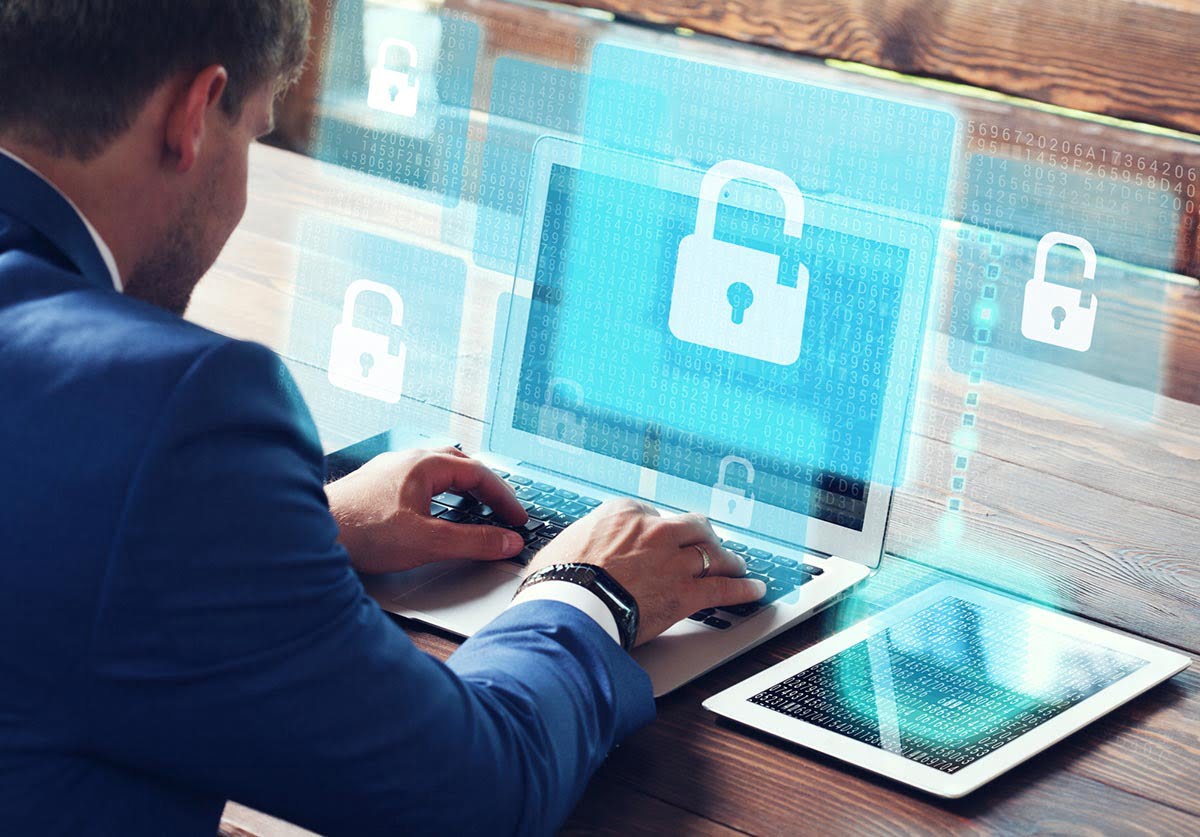
Brute force attacks, guessing, spidering, and keyloggers are some of the methods hackers use to steal your information. You may think it’s impossible to stop cybercriminals, but that’s far from the truth. Learning to protect your personal data is the first step to protect yourself online.
You may think consulting an IT professional is the only way, but you can take certain measures. Don’t know what we’re talking about?
We’ve got you covered. Here are the top 5 strategies you should try to protect your information.
1. Use Anti-Malware Protection
Cybercriminals create malware to infect their victim’s devices. This malicious software infiltrates your device allowing them to access your computer. You may find malware on links, emails, videos, among other sources.
The best way to protect your devices is by installing great anti-virus software to scan your computer regularly. This software will remove any malware that infiltrates your devices. Make sure to keep this software up to date to protect your computer from the latest threats.
2. Make Sure the Site Is Safe Before Entering Your Information
International forums have been discussing data protection and trying to find global solutions. Yet, it has been difficult to find a middle ground to establish security requirements for everyone.
Before entering any personal information, it’s important to verify if the website is safe. To find this information, you should look at the site URL.
If the web address starts with https, it means the website is secure. Keep in mind you should try your best to avoid URLs with typos or no security information.
3. Take Your Password Game to the Next Level
While it may be easier to use only numbers or letters as your password, you should consider passphrases. This term refers to using a combination of numbers, symbols, upper and lower case letters.
To take your password game to the next level, you should create unique passwords for all your online accounts. If you find it difficult to remember each password, you may consider using applications that save and encrypt your passphrases.
4. Avoid Opening Attachments or Links
Hackers use attachments and links to trick you into submitting your personal information. These cybercriminals often send emails posing as your bank, electricity company, or other companies.
If you receive these communications, you should consult the company to make sure their team is requesting the information. Verifying these emails will stop you from submitting information to hackers.
5. Backup Your Data
Backing up your data won’t stop hackers from accessing your data. When your devices become compromised, you will lose your information due to malware, ransomware, or device crashes.
If you backup your data from time to time, you’ll be able to retrieve it. A good practice is scheduling automated backups to prevent losing your information. You may be able to do it on your own, but you may consider consulting an expert.
Can You Protect Your Personal Data?
You can protect your personal data by implementing our suggestions. However, you may also consider consulting an IT expert. A professional can provide insight into where you stand when it comes to the security of your information.
An IT professional may offer suggestions on the best software and necessary updates to take your data protection game to the next level. Believe it or not, keeping your software up to date can stop hackers from accessing your information.
Did you find this article useful? Check out the rest of our site to stay up to date on the latest technology news.
